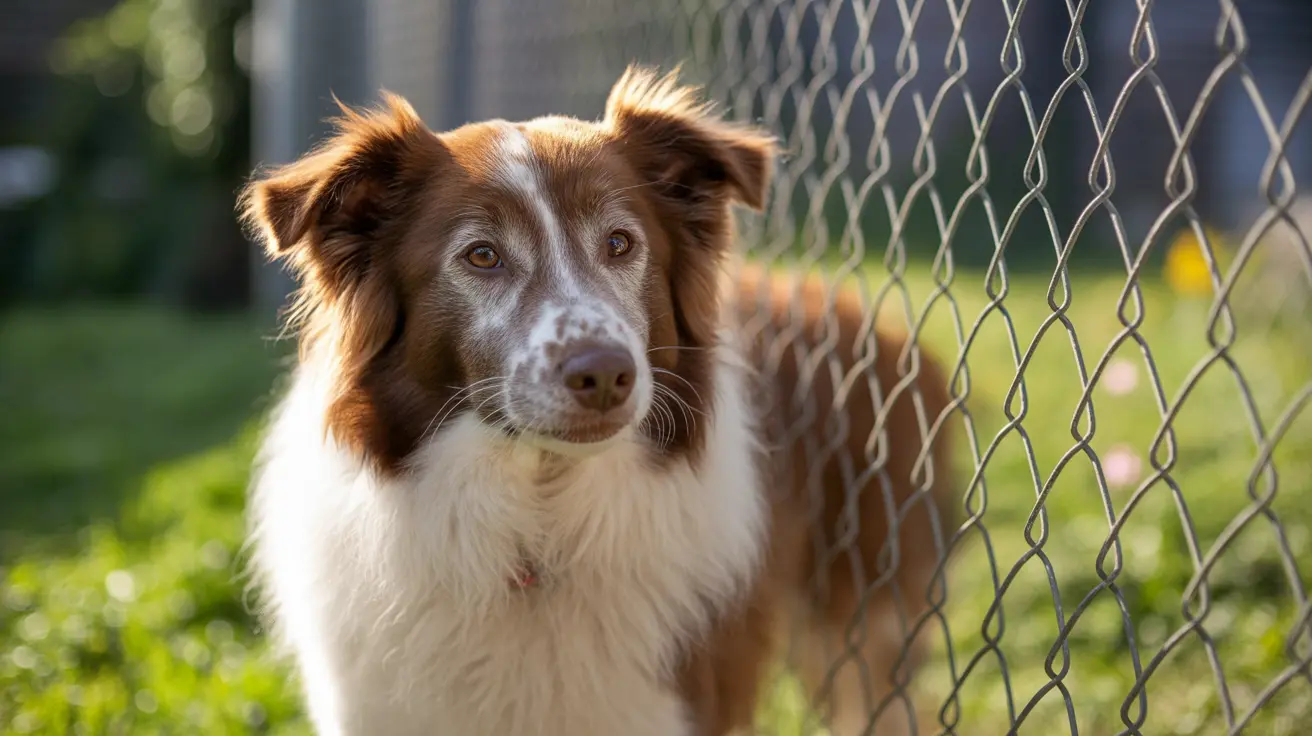Can a Dog Get Pregnant with Just One Tie?
When it comes to canine reproduction, pet owners often wonder how likely pregnancy is after just one instance of mating. A common occurrence during dog mating is the "tie," a phase where the male and female dogs become physically locked together. While this moment may appear significant, it’s just one small part of the intricate reproductive cycle of a dog.
Understanding the Canine Heat Cycle
Female dogs typically enter heat, or estrus, twice a year, though this can vary by breed and individual factors:
- Smaller breeds: May come into heat more frequently.
- Larger or giant breeds: May experience longer intervals between cycles.
The first heat cycle generally begins around six months of age but may occur later in larger breeds. It can take up to two years for these cycles to become regular.
When Is a Dog Most Fertile?
The fertile window for a female dog usually spans 5–13 days during the estrus stage. During this time:
- Ovulation typically occurs a few days into estrus.
- Sperm can survive for several days within the female reproductive tract.
These factors make timing crucial for successful breeding, and even slight miscalculations could reduce the chance of conception.
Does One Tie Guarantee Pregnancy?
No, a single tie does not guarantee pregnancy, but it can certainly be enough. Statistics show:
- Natural mating has a 40–80% chance of resulting in pregnancy per cycle.
- Approximately 40% of females may become pregnant after just one mating session.
Multiple matings—spaced 24–48 hours apart—performed during the estrus period can boost the likelihood of conception to 80% or higher.
What Happens During a Tie?
A tie occurs when the male dog’s penis swells inside the female’s vagina, and both dogs remain attached for several minutes to an hour. While a tie increases the odds of pregnancy by ensuring deeper semen deposition and longer exposure to sperm, it is not absolutely necessary for conception.
- Slip matings, where no tie is achieved, can also result in pregnancy.
Factors That Influence Pregnancy Success
Several variables affect whether pregnancy will occur after mating:
- Timing within the heat cycle
- Health and age of both mating partners
- Breed-specific fertility traits
- Frequency and number of matings
Ideal breeding ages are typically between two and five years, and both dogs should be healthy and free from infections or genetic issues.
Post-Mating Recommendations
After mating, it’s advisable to prevent the female from mating again during the same heat period. If she does, she risks carrying litters from multiple males. Other recommendations include:
- Allowing the female to rest quietly
- No need to change her diet until after week 6 of pregnancy
- Providing gradual increases in food quantity after week 6
Pregnancy Confirmation Methods
Detecting pregnancy in dogs can be challenging early on, but several methods exist:
- Relaxin blood tests (less reliable early in pregnancy or in small litters)
- Veterinary palpation after 3–4 weeks
- Ultrasound detection from day 21–28
- Abdominal X-rays after day 45 to count fetuses
What If the Mating Was Unplanned?
Accidental pregnancies are common. If unplanned mating occurs, immediate veterinary attention can provide options:
- Aglepristone (Alizin) injections within 45 days of mating
- Spaying during pregnancy to prevent future pregnancies
Final Thoughts
Although just one tie can result in pregnancy, multiple matings within the fertile window improve success rates. Proper timing, health assessments, and veterinary oversight are paramount in both planned and unplanned reproductive scenarios. Pet owners should always consult their vets for guidance tailored to their dogs' specific conditions.





